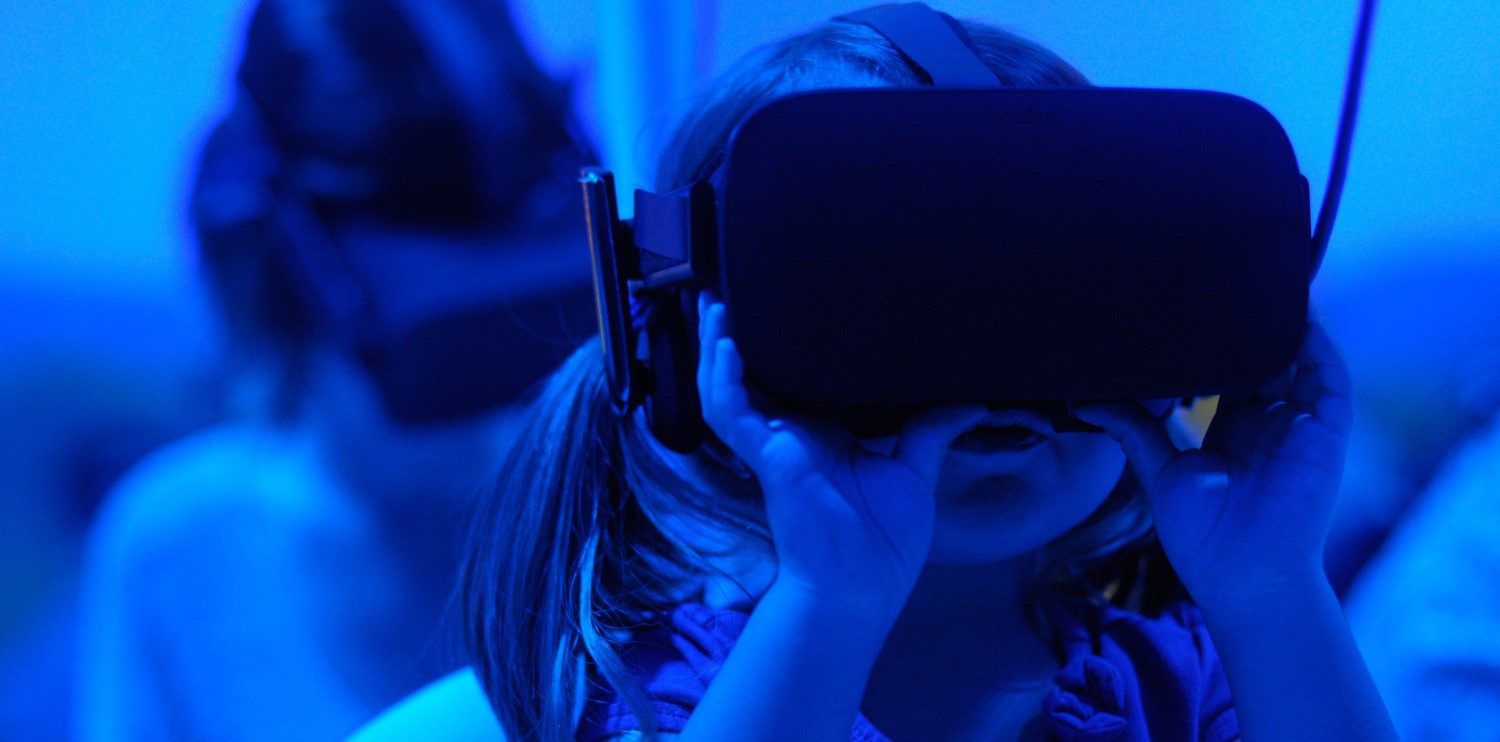Could online early childhood education be the next big thing?
Over the past year, there has been a paradigm change in the education sector. Everyone has been caught off guard, including instructors and pupils since the epidemic has forced the closure of offline schools and the adoption of digital classroom culture.
However, one segment found operating the preschool sector even more challenging. It is only logical to assume that most children in this age range are unfamiliar with technology and introducing them to screens for extended periods of time worries both their parents and educators.

Young children must use technology in online lessons in order to have a rewarding learning experience.
Traditional education has undergone a significant transformation in the last few years. In the modern world, there are so many ways to study, including online and through new technology. Nowadays, as long as you have access to the internet, you may receive a high-quality education anytime and wherever you choose. With the transformation of online learning, a new era has begun.
Why is online education inappropriate for pre-schoolers?
While school-age children are attempting to adjust to online education, it is not advised or practical for children under the age of six to have all of their learning done online for the following reasons:
- Too much screen time may be harmful to a child's general well-being because this is the stage where the greatest brain growth takes place and is also the most crucial.
- A 2-year-nature Old’s does not include passively watching a device. To develop future abilities, pre-schoolers need to explore, interact with various objects, and use their visual, aural, and kinaesthetic senses.
- Online learning has been shown to be useless for young children and to have no effect on increasing their attention span.
- Children aged 2 to 6 will not develop the appropriate skill set if they are given this pseudo-preschool experience. The outcomes of which will improve at a far later point.
Young toddlers need more than virtual classrooms
Let's be honest. Online schooling is not the ideal method for teaching young children. They learn better by doing, primarily via play. To learn, they use every part of their body, every faculty.
They pick up knowledge by touch, scent, running, crawling, creating structures out of strange materials, sculpting objects out of sand or clay, and many other activities. They discover most importantly by doing!
Preschoolers who study through online means will have challenges compared to those who receive hands-on learning activities to develop their psychological, social, and physical abilities.
In a nutshell:
It is true that the contemporary environment forces institutions to accommodate online coaching, but instructors and parents must take regulated measures to ensure that their students don't spend too much time in front of screens.
In fact, the pandemic seems unlikely to end anytime soon, which calls for an advanced approach. This is where blended learning comes in. Kids could benefit from a blended learning approach that combines online and offline experiences.
Although children have minimal digital exposure, the learning is appropriate due to the fact that they are engaging their senses and experiencing the materials in a hands-on way. There may be a 'Phygital' transition in store for the preschool industry!